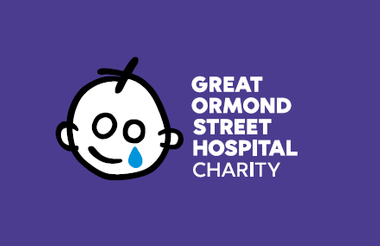The Great Ormond Street Hospital Charity and Sparks have announced plans to merge next year.
The two children’s charities will formally merge into a single organisation in March 2021, having worked as partners since 2017.
Sparks, the smaller of the two charities, said that its fundraising has been hit “particularly hard” by the impact of Covid-19, and that the merger represents “the most efficient use of our resources” in the future.
‘Not something the charity can recover from’
Sparks, which funds medical research into childhood illness, is facing a loss of 55% income as a result of the coronavirus crisis, according to the charity’s website.
This loss of funds is “sadly not something the charity can recover from,” the statement says.
It adds: “In light of this, and the need to make the best use of our resources to help seriously ill children, we have taken the decision to fully merge Sparks into GOSH Charity at the end of this financial year.”
Sparks had an income of £1.7m last year, just under £1m of which came from fundraising and legacy giving. It has contributed more than £2m to work with GOSH Charity since their partnership began.
Research funding guaranteed after merger
Louise Parks was already chief executive of both GOSH Charity and Sparks.
In a letter to the charity’s supporters last week, Parks said: “By taking this decision to merge we can guarantee the continuation of Sparks’ important work, as GOSH Charity has committed to the same level of funding for research into rare and complex diseases.
“We will make sure the history of Sparks, its name and all the fantastic successes it has achieved will live on within GOSH Charity, and we will continue to fundraise through Sparks for the rest of this financial year.”
GOSH Charity had an income of just under £90m last year.
Mergers and Covid-19
Analysis conducted last month by the charity consultancy Eastside Primetimers showed that the number of mergers in the sector had risen by nearly a third during the first months of the pandemic.
In a blogpost, Eastside Primers director David Garratt wrote: “Given the scale and vital nature of the sector’s provision for its many different beneficiaries, the onus is clearly on charity trustees and management to think proactively about whether this is really enough, or if they could instead make more of a long-term difference by joining forces with a complimentary organisation”.
Related articles











